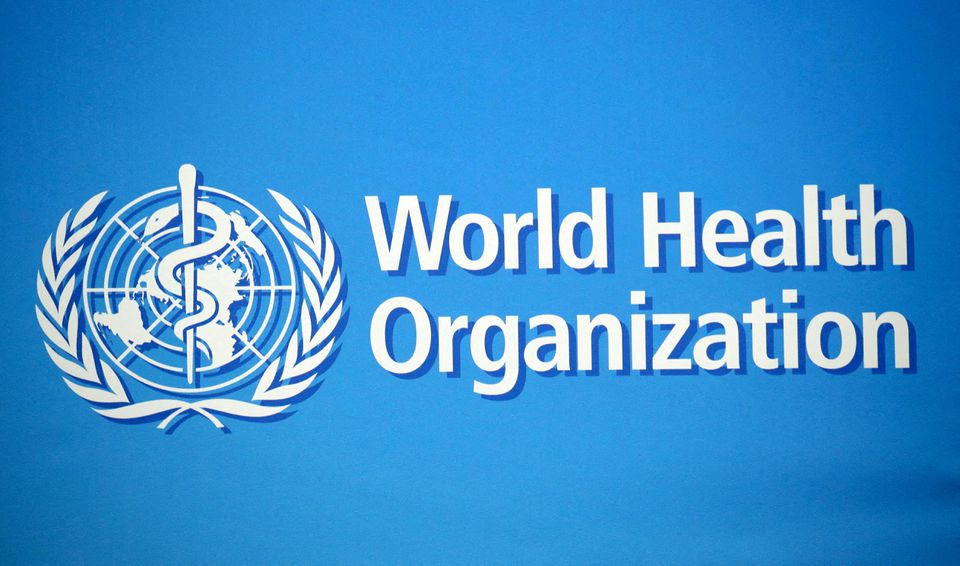Vietnam has not discovered any cases of acute hepatitis of unknown origin in children, about which the World Health Organization (WHO) already released an urgent alert, a representative of the General Department of Preventive Medicine under the Ministry of Health said on Tuesday.
However, the general department and related units are still monitoring the disease and strengthening surveillance to detect cases early as recommended and take quick response measures if there are cases of this unidentified form of acute hepatitis.
The representative added that the Ministry of Health obtained data related to the disease from the WHO and the U.S. Centers for Disease Control and Prevention (CDC) for updates.
The specialized UN agency received reports of at least 228 probable cases, with over 50 additional cases under investigation, and four deaths related to acute hepatitis of unknown origin among young children as of May 1, Reuters quoted the WHO’s Tarik Jasarevic as saying at a Geneva press briefing on Tuesday.
Patients affected are aged 1 month to 16 years and have been detected in about 20 countries, including the UK, Spain, Israel, the U.S., and many more, with some of them requiring liver transplantation.
The clinical syndrome identified the cases as acute hepatitis, or liver inflammation, with markedly elevated liver enzymes.
Many cases reported gastrointestinal symptoms including abdominal pain, diarrhea and vomiting preceding presentation with severe acute hepatitis, and increased levels of liver enzymes and jaundice.
Adenovirus was detected in at least 74 cases while coronavirus was identified in 20 cases of those that were tested.
Furthermore, 19 were detected with a coronavirus and adenovirus co-infection.
The UK, where the majority of cases have been reported to date, has observed a significant increase in adenovirus infections in the community following low levels of circulation earlier in the COVID-19 pandemic.
The Netherlands also reported concurrent increasing community adenovirus circulation.
In the U.S., the CDC published a study on April 29 on a cluster in Alabama, where nine children also tested positive for a common pathogen called adenovirus 41.
The pathogen is known to cause gastroenteritis in children, but “it is not usually known as a cause of hepatitis in otherwise healthy children”, the agency said.
Adenoviruses are commonly spread by close personal contact, respiratory droplets, and contact with contaminated surfaces.
There are more than 50 types of adenoviruses, which most commonly cause colds but also many other diseases.
Like us on Facebook or follow us on Twitter to get the latest news about Vietnam!





















































